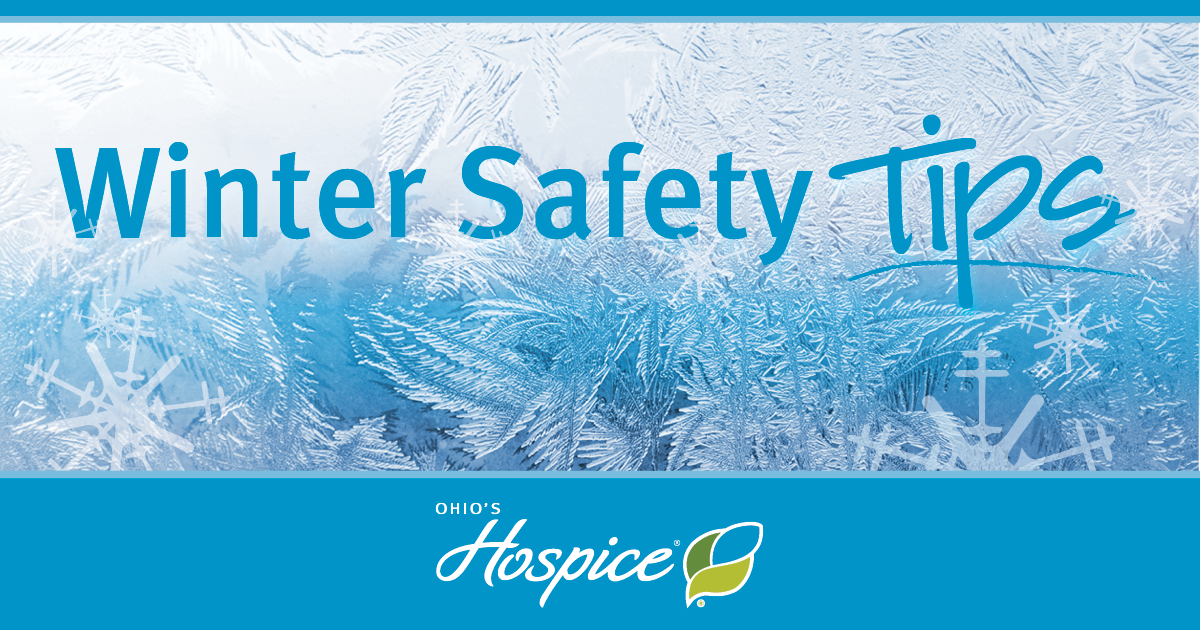
Tips for Caregivers: How to Keep Loved Ones Safe This Winter
Snow, ice and cold temperatures in the winter can bring new challenges for the health and safety of caregivers and their loved ones. The COVID-19 pandemic has brought additional challenges to maintaining safety through this winter.
One of the top priorities for a caregiver is the safety of their loved one. These tips from the Centers for Disease Control and Prevention (CDC), National Safety Council (NSC), and The Weather Channel will help to keep you and your loved ones safe throughout the season.
Dress for the Weather
- Wear appropriate outdoor clothing and dress in layers. Be sure to wear gloves, hats, scarves and boots when going outdoors.
- Choose practical footwear with good traction. Salt, sand and kitty litter can also increase traction on your sidewalks and driveways.
- Dress in layers and remember your face mask to help protect yourself and others from COVID-19. Layers help to keep you warmer and are easier to shed if you overheat.
Be Prepared for Inclement Weather
- Have a professional make sure that your heating system is clean, chimney is inspected, and carbon monoxide detectors are operational.
- Prepare your car for winter emergencies. Keep your gas tank above half a tank, use a winter formula for windshield washer, and prepare an emergency kit that includes blankets, food and water, flares, sand, maps, a flashlight, and a first aid kit.
- Store food, extra batteries and candles in your home to be prepared for winter storms.
Take Care of Yourself
- Help protect yourself from COVID-19 by washing your hands! The CDC recommends washing your hands with soap and water for at least 20 seconds, especially after you have been in a public place, or after blowing your nose, coughing or sneezing. If you do not have access to soap and water, use hand sanitizer that is at least 60% alcohol. Remember to scrub all surfaces of your hands, front and back, and in between your fingers. Do not touch your eyes, nose and mouth with unwashed hands.
- Exercise and eat healthy. Keep your immune system running effectively to fight disease by following a nutrient-rich diet. Exercise regularly and get enough sleep.
- Don’t skip doctor’s visits. While this isn’t just for winter, it’s important to keep appointments for routine screenings and visits. Skipping these important appointments can put you at higher risk later on.
- Avoid shoveling and snow blowing injuries by dressing warmly, taking your time, and not overexerting yourself.
- During the COVID-19 pandemic, stay in touch with friends and family through virtual visits. Keep yourself safe by staying home and communicating with loved ones on video calls or through mail.

